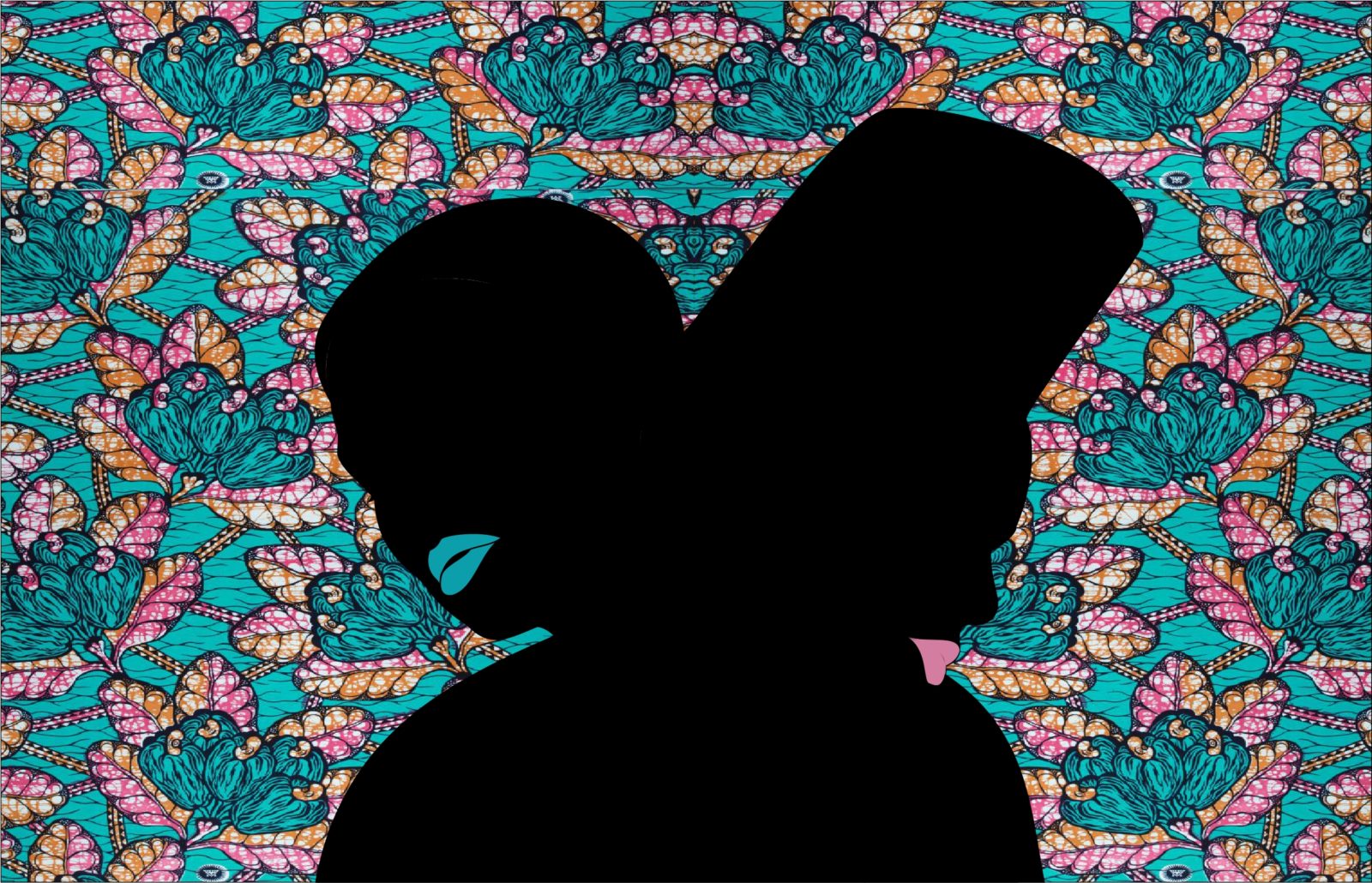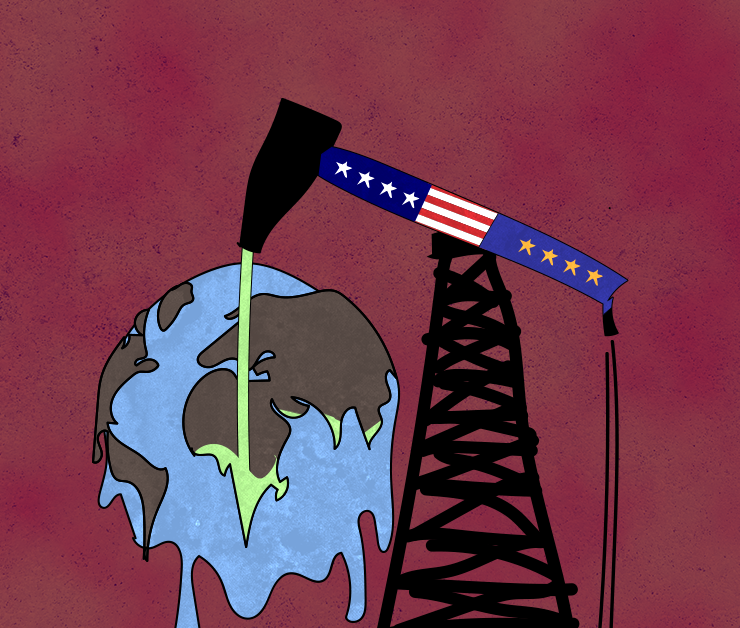“I came out to myself,” What visibility means to lesbians across Africa
- From across Africa, four lesbians share what visibility means to them

For Lesbian Visibility Day 2020, we asked four lesbians living in Africa what visibility means to them. These interviews have been condensed and edited for clarity and some names have been changed.
Collette: “I feel the sadness that comes with namelessness.”
When danger surrounds using your name and your face, you have no other choice than to make yourself invisible. As much as I have grown accustomed to that question – can your name be used for this? As though the name is a danger in itself – I feel the sadness that comes with namelessness.
It is quite sad that we have to be asked for our names to be connected with our words and voice; I watch my back every day of my life. I try to live my life but it is scary. I have been a victim of a homophobic attack by the police. My friends and I were pepper-sprayed for no reason.
In my profession, as a chef, I have been told not to put “my gay hands’’ in their food. My partner and I were supposed to cook for a funeral. We had been contacted by a member of the deceased’s family and negotiation had reached an advanced stage only for a senior member of the family to breeze in and torpedo our hope of getting a job. I went home crying.
It is painful and stressful at once to be a target, not for having committed a crime. Being a target by nature is traumatic. When you walk and watch your back to ensure nobody is following you, when you take a stroll and check out for whisper, or when you go out with your partner and you look around to see if anybody is looking funny, it gets to you.
Visibility is highly important to me and people must accept that we exist. Others should see us and respect us for who we are.

Ekellot*: “I don’t owe anyone an explanation for my sexuality.”
Visibility to me depends on what you do. It could be work or domestic space. For me who works in an office that is affiliated with queer people, I feel seen and appreciated by people I work with. It is about having a queer desk in the police and other institutions. That is what visibility would be to me at the public level.
It is being allowed to live in different circles. We all have different personalities and these personalities are intertwined. You can be a mother, a daughter, a sister, a sex worker, and so on. All these intersect and maybe queerness is the one thing that holds them up for you, bringing your sexuality into more perspective on a relatable spectrum.
It is, for example, being a queer lawyer, taxi conductor, office clerk, or trader. I go about my work and I don’t want to feel that I owe anyone an explanation for my sexuality.
You can be out in certain spaces and may not be in other spaces. I believe visibility is relative and visibility goes back to the issue of security. As much as there is a need to be totally out, I ask myself if I am ready to have these conversations that would be had with being out in the world.
In Uganda, the laws surrounding queerness are taboo. Last November, when a gay bar was raided, the excuse was that the gathering was unlawful and on the reason that it was promoting shisha (hookah) smoking which is outlawed in the country. Yet, the laws are manipulated to be against queer people and not even your neighbor can or will fight for you. Uganda doesn’t give two shits about us.
The Amarion: “I came out to myself…..Practice the art of saying ‘fuck it’.”
I don’t believe in coming out because straight people didn’t come out to me. I don’t understand the entitlement, and the need for gay people to come out to straight people, seeking their acceptance, nobody asked us to accept them.
So I’m myself around everybody, including my parents who saw that one day I had a girlfriend and they couldn’t confront me.
I came out to myself though because when I noticed my feeling for girls, it was very weird and for a very long time, I was ashamed of myself, I hid it, never acknowledging it. But after I got away from family trauma, I had fresh air around me, space, and time to think about what was going on inside of me, acknowledging it and naming it natural, and saying, “I think you like girls.”
Visibility is the ability to see everybody different. I think it’s the ability of others to see what I’ve been seeing all my life: my own consciousness because I’m not just skin. But regardless of the world seeing you or not, you know you are a soul inside a body. I don’t believe that the only way I would have a safe life is by listening to society.
Practice the art of saying “fuck it,” keep saying that till the day you die, at least, you lived a life that is yours.

Amanda: “Shout out to everybody out there who is working to amplify queer life.”
I went to a missionary secondary school. That was my first encounter with homophobia, how girls who liked girls were ostracized and expelled. I was suspended in secondary school for lesbian-related activities.
The first thing I did when I decided to accept myself was to cut off people who were homophobic. People who were violent not necessarily physically but through their words.
Growing up, I didn’t find a lot of queer people around me but then I got on the internet and I started finding blogs, accounts that centered on queer life. A bulb lit up in my head and I was, “Oh, I can be like this and still be whatever.” Shout out to everybody out there who is working to amplify queer life.
Visibility means being seen, being recognized, being acknowledged. It reflects in the big ways and in small ways. Visibility is representation; reading books where there are characters like you, watching films where there are characters like you. It is policy reforms that center and include lesbians, laws that protect and acknowledge that they exist.
Lesbians are people. They are our mothers, sisters, aunties, friends. They are people.
Shade Mary-Ann Olaoye, Ope Adetayo, and Septemba Olga contributed to this report.
Editorial.






